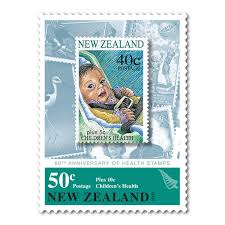High exposure to pesticides as a result of living near farmers’ fields appears to increase the risk of giving birth to a baby with “abnormalities” by about 9 per cent, according to new research. Researchers from the University of California, Santa Barbara, compared 500,000 birth records for people born in the San Joaquin Valley between 1997 and 2011 and levels of pesticides used in the area. The average use of pesticides over that period was about 975kg for each 2.6sq km area per year. But, for pregnant women in areas where 4,000kg of pesticides was used, the chance of giving birth prematurely rose by about 8 per cent and the chance of having a birth abnormality by about 9 per cent.
Commenting on the study, Professor Alastair Hay, an environmental toxicologist at Leeds University, said it had been “very well conducted”. “This study will be picked over carefully by regulatory agencies, as indeed it should be,” he said. “The sheer size of the study, and the meticulous way it has been carried out, suggest that there is an environmental hazard for mothers resident in an area with large-scale pesticide usage and that investigation of measures to mitigate exposures to the chemicals are needed.” He said it was not clear which pesticides had been used, but added that the study was “likely to have wide applicability in view of the type of crops sprayed”.
“And given that the risk is clearly in the area most heavily exposed – which you would expect to see if the problem were real – there are clear messages that mitigation measures are needed,” Professor Hay said. Dr Christopher Connolly, a neurobiologist at Dundee University, said the study reported “a significant increase in adverse birth effects that relate to high level pesticide use”.
Source: The Independent, 29 August 2017
http://www.independent.co.uk/news/science/pesticides-birth-abnormalitie…

- Login om te reageren
